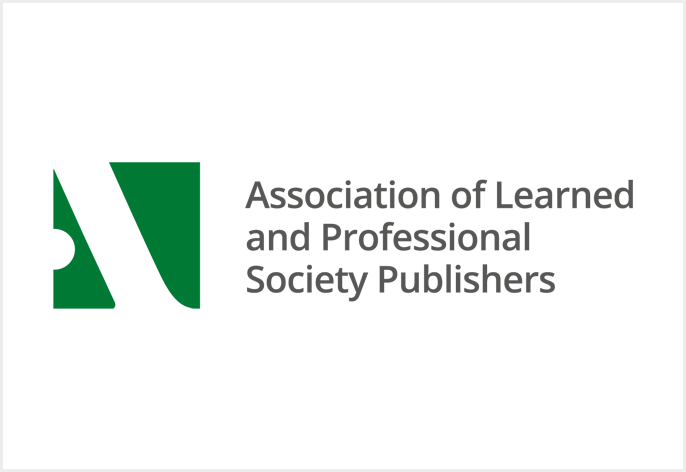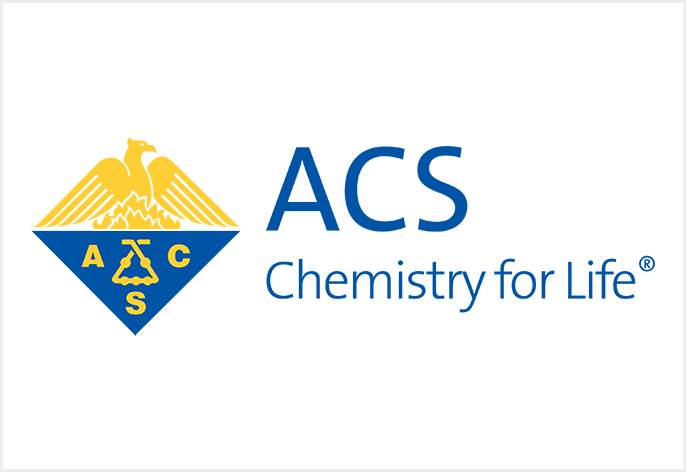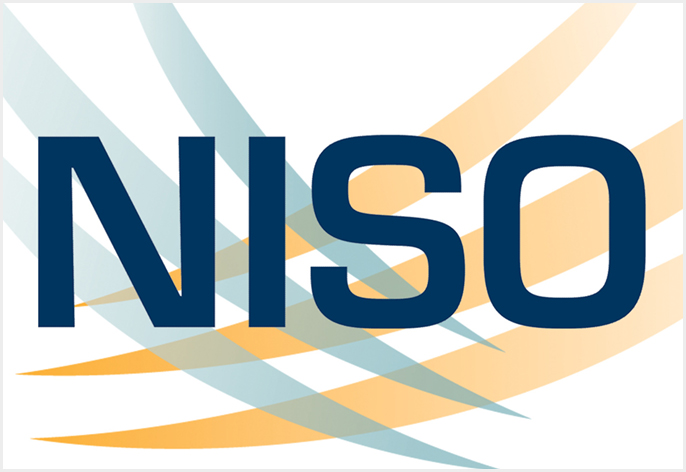- ALPSP Annual Conference & Awards 2024
- Hilton Manchester Deansgate (UK) & Virtual
- 11-13 September 2024
International trade association, ALPSP reveals that its Annual Conference and Awards will be held at the Hilton Manchester Deansgate, UK and streamed online from 11-13 September 2024. This will be the second hybrid ALPSP Conference and will bring together the scholarly community both in-person and virtually.
ALPSP is delighted to confirm that the 2024 keynote speaker will be Jake Okechukwu Effoduh, Assistant Professor at Lincoln Alexander School of Law, Toronto Metropolitan University. Jake’s talk will explore ‘Scholarly Publishing in the Era of Open Access and Generative AI’ and will take place at the start of this year’s conference on Wednesday 11 September.
Key programme sessions presented by industry experts will include:
- How smaller publishers remain relevant: Lessons learned and best practices shared
- Three months to go. Are we ready for OA in 2025?
- Demonstrating the value of OA books
- India rising: How society publishers can prepare for the coming surge in quality submissions
- Deconstructing journals: Reinventing research communication
- Make better decisions. Uncover insights from your marketing data
- Industry updates from across the research ecosystem
- Taking action on sustainability
- The role of human editors in an AI world
- What does AI mean for talent management?
- Understanding research impact across the world
- What do industry leaders really think?
In addition to the fantastic lineup of speakers and sessions, there will be a busy social calendar of events for delegates to join, with opportunities to network, relax and enjoy themselves.
New to this year’s conference, is ‘Scholarly Communication – The Eras Tour: A Time Travel Musical’ which takes place on Wednesday 11 September after the Award Finalists’ Lightning Presentations. This fun event (which may or may not consist entirely of Taylor Swift parody songs…) follows a college student who travels back to 2024 to meet her publisher ancestor. With the assistance of the local librarian, they set out to understand events from the perspective of those in the maelstrom.
On the evening of Thursday 12 September, ALPSP welcomes all delegates to a drinks reception, conference dinner, awards presentation, and the infamous quiz.
The ALPSP Annual Conference provides a friendly forum in which to share information and knowledge, learn about new initiatives and engage in open discussion on the challenges and opportunities facing the scholarly publishing industry.
Delegates from previous conferences commented:
“It was my first time attending this conference. I found the atmosphere relaxed and friendly. Everyone was very collegial and supportive. Would definitely attend again!”
“Keynote was brilliant, so thought provoking. Some really important issues raised in the sessions on inclusivity I attended too, glad to see this being given the prominence it needs.”
ALPSP would like to thank its conference sponsors: Publishers’ Licensing Services and Karger for their generous support. Learn more about sponsorship opportunities.
To secure your place, visit the ALPSP conference website, or watch our highlights video for a brief insight into the event.
ENDS































